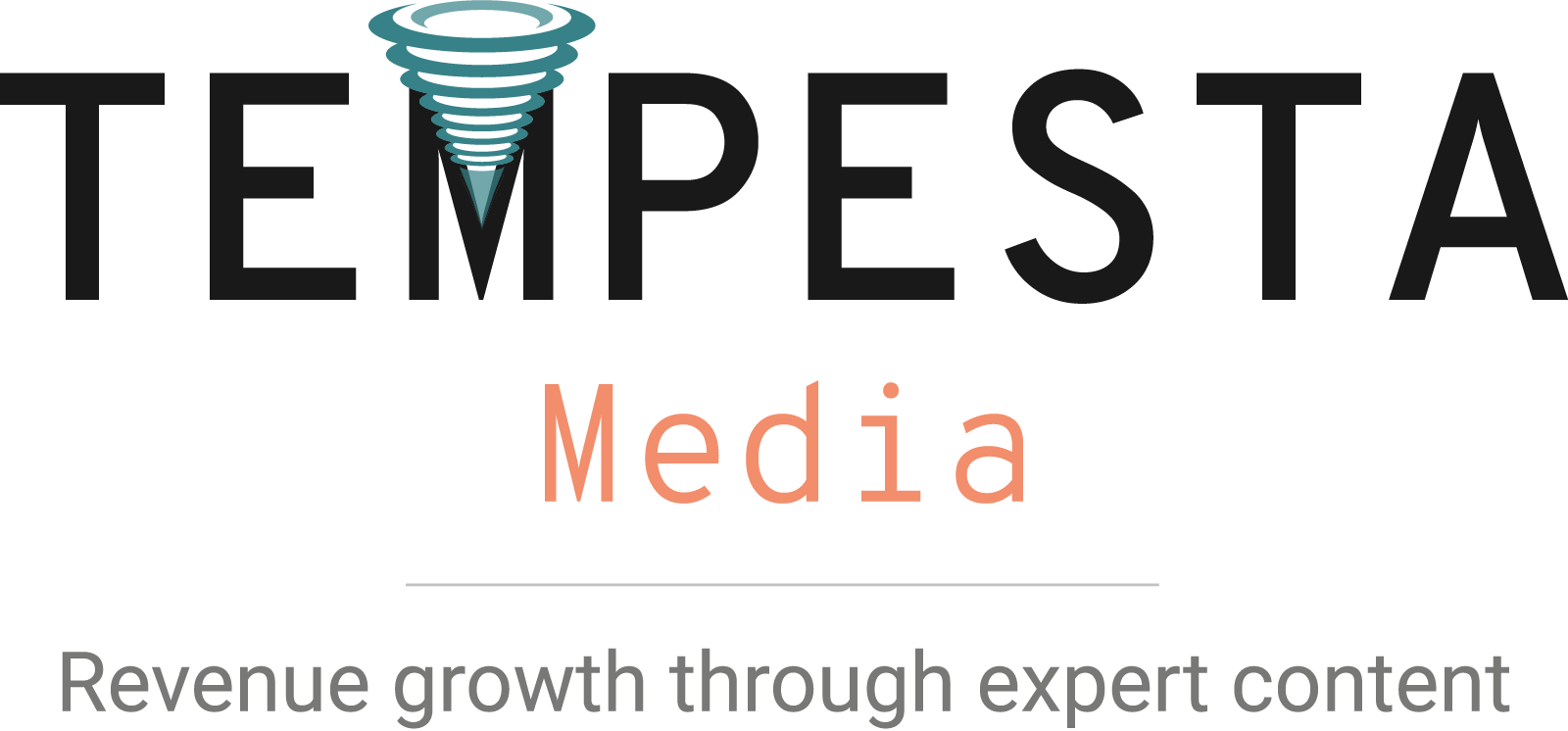Content marketing today isn’t just about churning out blog posts or posting pretty pictures of your products and services. It’s a powerful tool for:
- Grabbing attention.
- Building trust.
- Improving your site’s visibility in search engines.
- And, let’s be honest, generating more leads than a well-placed “limited time offer” ad.
To achieve these goals, you need to lean on the sidekick of content marketing: metrics and analytics. After all, you wouldn’t jump into a car without knowing how much fuel is in the tank, would you?
Let’s dive into the best ways to measure your content campaign’s success.

Content Marketing and Data: A Dynamic Duo
Content marketing is the superhero of the marketing world. It draws in your audience with engaging content they want — whether it’s information, entertainment or solutions. It’s like offering free pizza at the office — who could resist?
But how do you know if your content is being delivered? Without tracking the right content marketing success metrics, it’s easy to get lost in a sea of numbers that don’t mean much. This is where content analytics come in to save the day, showing you exactly how well your content is performing.
Recent studies show that 35% of companies struggle because their content programs aren’t data-driven. As the saying goes, “Content is king, but data is the kingdom.”
The Best Tools in the Analytics Toolkit: Your Content’s Best Friends
Before we dive into measuring your content’s performance, let’s cover the basics. Setting up the right tracking tools is like installing GPS in your car — without it, you won’t know where you’re going, and you might end up lost on the digital highway.
- Google Analytics 4 (GA4): Tracks user activities and engagement and provides insights into which areas of your site get the most attention.
- Google Search Console (GSC): Helps track your SEO efforts and monitor your rankings.
Both tools are free and give you valuable insights into how your content is performing.
Optimizing for Keywords: Ensuring Your Content is Found
Once you’re ready to analyze content performance, it’s crucial to optimize for the right keywords. It’s not enough to just write about what you find interesting.
Remember, your audience is searching for solutions to their problems. If you’re not visible in search engines, you can’t provide them with what they need!
Use tools like Semrush, Serpstat and Ahrefs to discover valuable keywords and monitor your competitors. It’s like getting a sneak peek at the answers to the test — if the test were about SEO.
What Should You Track? It’s All About KPIs and Metrics
There’s a difference between KPIs (key performance indicators) and metrics. Think of KPIs as your destination and metrics as the signposts that tell you how close you are to getting there.
- KPIs: The big goals, like increasing sales or boosting brand awareness.
- Metrics: The small data points, like social media likes or website visits, that help you track your progress.
Now that you understand the difference, let’s break down which metrics you should be tracking.
If your goal is to engage your audience, focus on metrics like time on page (do they like your content?). If SEO is your focus, track metrics like organic impressions and click-through rates (CTR).
Popular Metrics Grouped by KPIs
Brand Awareness & Presence
- Branded searches: Indicates growing interest in your brand (KPI: brand recognition).
- Clicks from branded searches: Measures brand awareness through click-throughs (KPI: brand engagement).
- Brand mentions: Tracks the frequency and sentiment of mentions to reflect brand reputation (KPI: brand sentiment).
Engagement & Interaction
- Social activity: Measures how often content is shared and discussed (KPI: social engagement).
- Engagement rate (ER): Indicates active user interaction with posts (KPI: website and social engagement).
- Time on page: Shows how long content holds attention (KPI: content effectiveness).
- Bounce rate: Indicates how well content keeps visitors engaged (KPI: website retention).
Traffic & Conversion
- Organic impressions: Tracks how often your content appears in search results without paid ads (KPI: visibility growth).
- Organic clicks: Measures how many users click on your content after seeing it in search results (KPI: click-through success).
- Traffic: Tracks unique visitors to assess content appeal (KPI: traffic growth).
- Visitors from content marketing channels: Shows the impact of content marketing in driving site traffic (KPI: content channel impact).
- Conversion funnel: Tracks movement through the sales funnel to optimize weak pages (KPI: conversion optimization).
- Conversion rate: Measures successful actions like purchases or sign-ups (KPI: conversion success).
Data Analytics for Future Success: Predicting the Future
When you look at past data through the lens of predictive analytics, you’re putting on your fortune-teller hat. By understanding past trends, you can make better predictions about future outcomes.
Better data analysis means smarter decisions, improved customer engagement and more sales. When you use tools to track and analyze your content performance, you’re not just guessing — you’re making data-driven decisions that help your business grow.
Tempesta Media’s 360-degree AnalyticsLab™ takes it a step further by providing comprehensive insights to optimize your content strategy and improve performance. It’s like having a whole marketing team in one dashboard.

Making Data Fun Again
So, there you have it! With the right tools and content marketing success metrics, you can transform your data from boring spreadsheets into a game-changing strategy. Track the right numbers, understand what they mean and ensure your campaigns are effective and enjoyable.
When the data does the work, you can just soak up the applause.
Ready to Turn Data into Results?
At Tempesta Media, we don’t just track metrics — we use cutting-edge technology to predict outcomes, ensuring your content marketing hits every KPI. Discover how our managed service takes the guesswork out of success.












